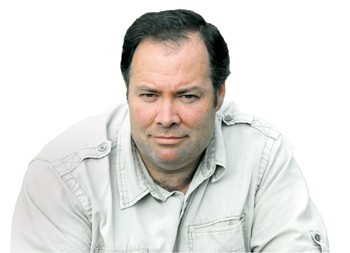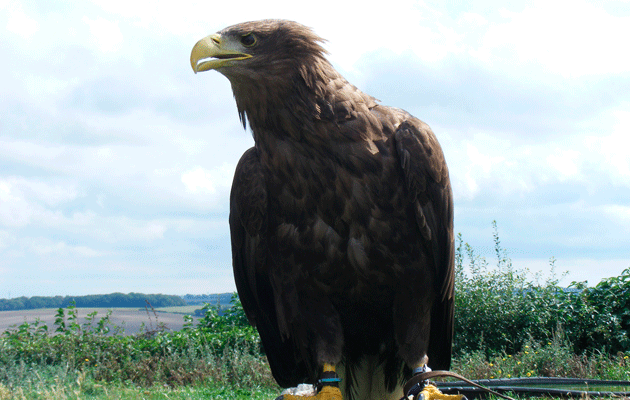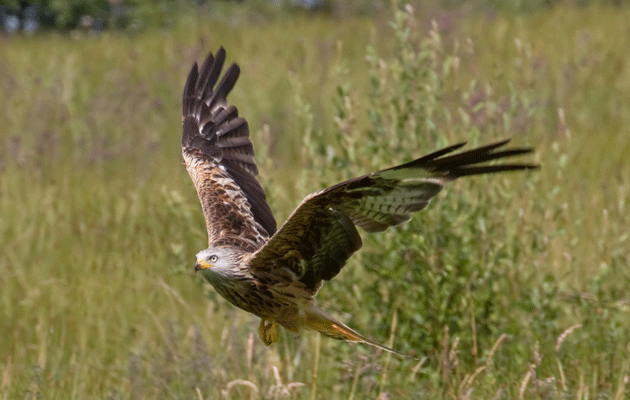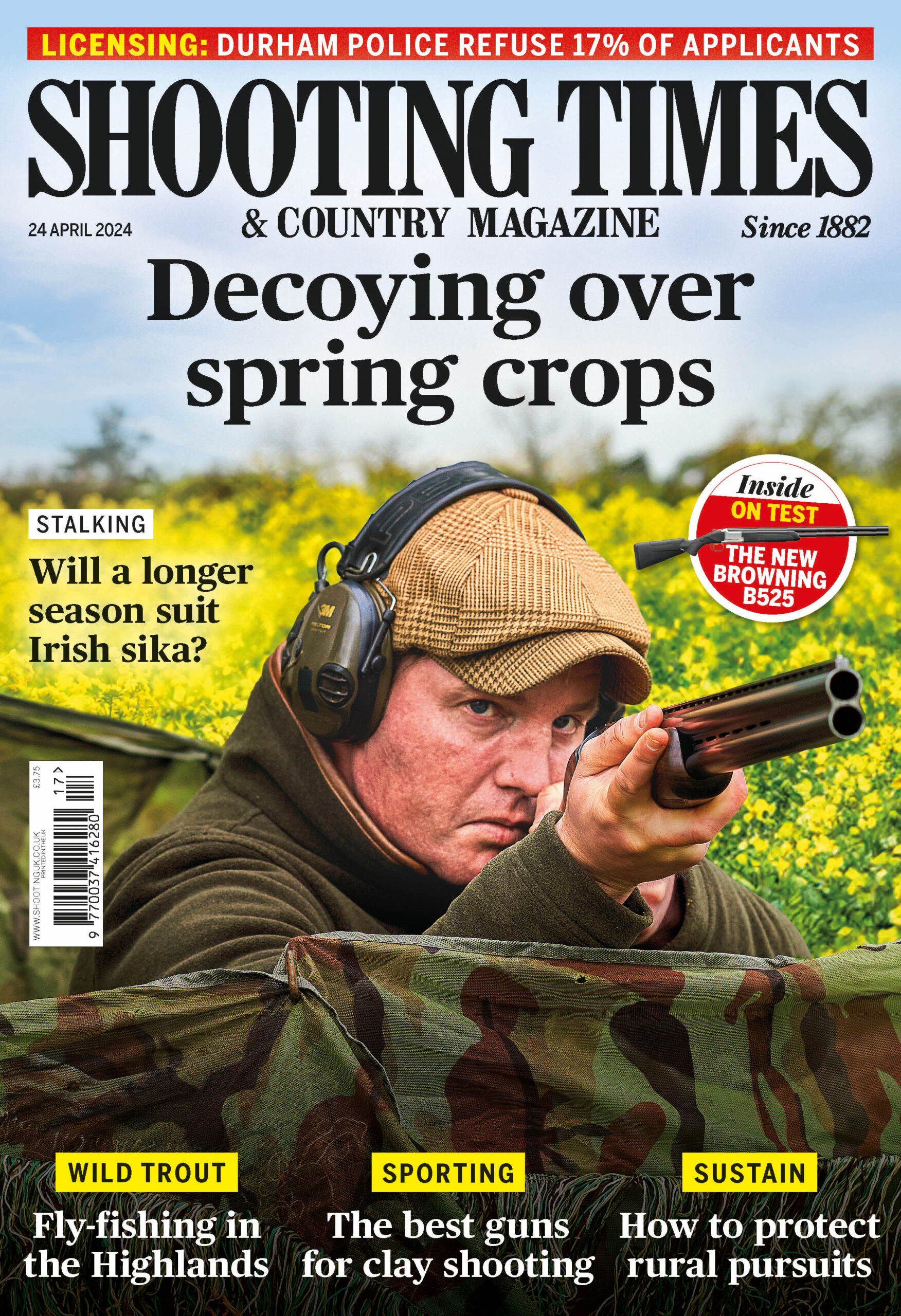Sharpshooter

The RSPB?s slogan has changed. Until recently, it was: For birds, for people, for ever. Rather good, I thought. Now it is: Nature?s Voice. Does this signal an expansion of the charity?s original remit? I made some enquiries, and apparently it does. Presumably, this broader approach has more potential in terms of influence andf undraising. Birds are dependent on the environment, so the RSPB is perfectly within its charitable objects to comment on matters such as land management. But how far do its legitimate interests extend?
Recently, the RSPB came out in opposition to the proposed badger cull. You may wonder why a bird conservation charity is getting involved in giant weasels and bovine TB. I have fi ve badger setts on my farm. I like seeing them about ? just as I enjoy seeing the peregrines that fly over almost daily. Badgers can be a bit of a nuisance, but I can live with that. Fortunately, we are not in a TB area. I do wonder exactly what effect such a high density of badgers is having on our groundnesting birds, though.
I am not alone. A team of scientists, led by an RSPB employee, carried out some research on the predation risks to two steeply declining species ? the skylark and the yellow wagtail. The research was written up in a paper published in Ibis, the ornithological journal, in June 2008. The researchers found that nests located away from fi eld edges and linear features in certain crops ? such as tramlines in winter wheat ? were more likely to survive. Why? Because they were less likely to be found by patrolling predators.
The camera never lies
In the case of the wagtails, it was not possible to identify individual predators. But for the skylarks, video surveillance revealed a fascinating result: of the 29 skylark nests monitored, 15 fl edged chicks. Three lost broods due to starvation during cold, wet weather; three clutches of eggs were abandoned; and eight nests were predated. Of those eight, one was scoffed by a brown rat, one by a stoat and one by a weasel. And the other five? All were polished off by badgers. Caught on camera.
Of course, this was a small sample, and the authors were right not to draw too many conclusions about the mix of predators. But I do wonder why this research doesn?t seem to have been followed up. After all, yellow wagtails and skylarks ? unlike the UK?s raptors ? are in deep trouble.
You may have spotted the apparent incongruity of a bird charity bashing the Government on behalf of badgers, when its own research indicates that badgers might be having a seriously detrimental effect on two bird species whose populations are crashing. The Ibis paper suggested that though predator control might seem the obvious answer, the legal status of badgers meant that this wasn?t feasible, so habitat management remained the most practical solution.
Now, it occurs to me that if we are going to have badger cull areas, then a rich charity that is genuinely concerned about certain groundnesting birds should leap at the chance to conduct before-and-after research. So, will we see the RSPB devoting a smidgeon of its enormous wealth to this purpose? Fat chance. Instead, we see the RSPB jumping on the anti-badger-cull bandwagon.
The latest edition of its membership magazine devotes page after page to raptors. It was accompanied by a fundraising letter milking the emotive topic of illegal persecution. The mailshot features an appalling incident concerning buzzards. It did not mention that the common buzzard is a green-listed species whose UK population is now at its highest since records began, and is still climbing.
Don?t get me wrong ? the RSPB does a lot of good work. And I deplore raptor crime. But powerful institutions benefiting from charitable status need to be clear about why they exist.
Have your say: if you have a view on a current news topic, send it, in no more than 500 words, to [email protected].
What is YOUR opinion?
Join other ST readers in our forums to discuss your views.
Like this article? Mark this page on a social bookmarking website…
![]()
What are social bookmarking sites?








